
Lothal
Lothal is situated about 85 kms. southwest of Ahmedabad. This important
archaeological site was discovered in 1954. The city that stood here 4500
years ago is clearly related to the Indus Valley cities of Mohenjodaro and
Harappa, both in Pakistan. It has the same neat street pattern, carefully
assembled, neat brickwork and scientific drainage system. Lothal means mound
of the dead in Gujarati. Lothal is located between the Sabarmati river and
the Bhogavo river and is now 10 kms. up from the Gulf of Khambhat (Cambay).
It has some of the most substantial remains of the Harappan culture in India,
dating from 250 to 1700 BC. Its site and function as a port have led most
authorities to argue that it was settled by Harappan trading communities
who came by sea from the mouth of the river but some believe that it may
have been settled by traders moving across the overland route. The site
is surrounded by a mud brick embankment 300 m North to South and 400 m East
to West. Unlike the defensive walls at Harappa and Mohenjodaro, the wall
at Lothal enclosed the workers area as well as the citadel. The presence
of a dry dock and a warehouse further distinguish it from other major Harappan
sites. Excavations here have revealed a tidal dockyard (with a complex lock-gate
system) at its peak, this was probably one of the most important ports on
the Indian subcontinent. The Sabarmati river, which no longer runs past
here, connected the dock to the Gulf of Cambay. Seals discovered at the
site suggest that trade may have been conducted with the civilizations of
Mesopotamia, Egypt and Persia.
Dry Dock
The dry dock runs along the east wall of the city and has average dimensions
of a 214 m by 36 m. A 1 m wide gap in the north side is believed to have
been the entrance by which boats came into the dock. While a spillway over
the south well allowed excess water to overflow. The city well, which is
wider at this point than elsewhere, may have been a wharf for unloading.
Excavations of the warehouse have revealed wide evidence of the trade which
was clearly the basis for the Lothal's existence. The building, at the south-west
corner of the wharf, had a 4 m high platform made of cubical mud brick blocks,
the gap between them allowing ventilation. Over 65 Indus Valley Seals have
been discovered which shows pictures of packing material, bamboo or rope,
suggestive of the importance of trade to the community. There have also
been finds of pottery, semi-precious stones, beads and even necklaces made
of tiny beads of gold. Rice and millet were clearly in use, and there is
some evidence that horses had been domesticated.
The city
The excavations show a planned city in a grid pattern, with underground
drainage system, wells, brick houses with baths and fireplaces. The raised
brick platform to the southeast may have been a kiln where seals and plaques
were baked. Objects found include painted pottery, ivory, shells, semi-precious
stone items, beads, bangles and terracotta toys. The long rectangular tank
to the east may have been used as a dock. The discovery of a seal from Bahrain
suggests that there was overseas trade. The cemetery to the northwest had
large funerary vessels indicating pit burials. The archaeological museum
at the site displays fragments of this well-ordered civilization, such as
intricate seals, weights and measures, games, jewellery and various artifacts
including copper and bronze implements from the site.
How to reach Lothal
By Rail:The nearest railway station is Burkhi on the Ahmedabad - Bhavnagar railway line.
By Road:
Lothal is connected by road with all the major cities of Gujarat like Ahmedabad, Bhavnagar, Rajkot, Bhuj and Vadodara.
Make Your Trip Now
MOST POPULAR PACKAGES
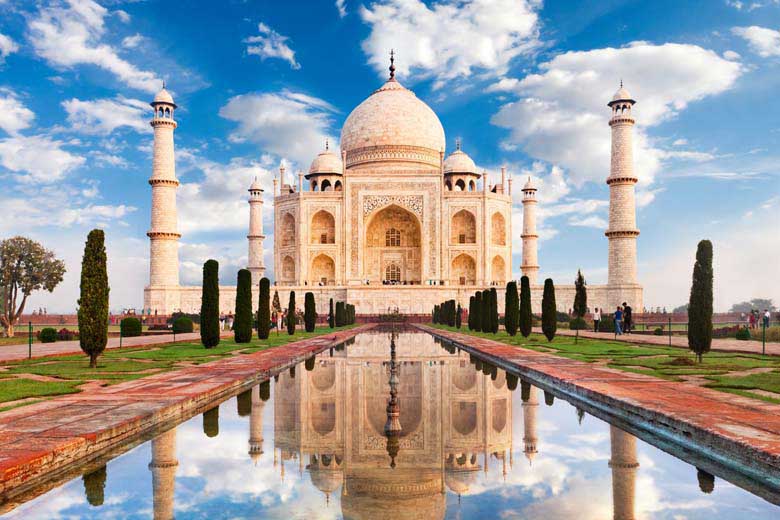
6 Nights / 7 Days
Golden Triangle Vacation Tour
India’s golden triangle is a tourist circuit which includes: Delhi, Agra (including the Taj Mahal), and Jaipur. These trips usually 7 days and do the trip as a circuit starting and ending in Delhi.
View Package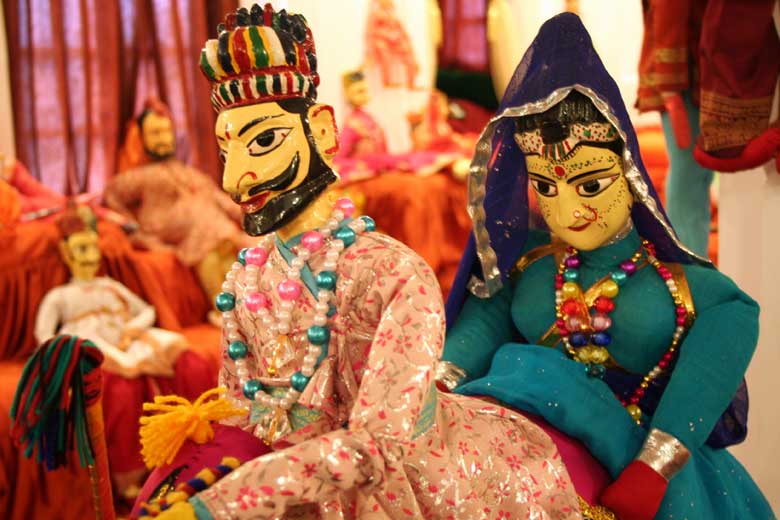
16 Nights / 17 Days
Rajasthan colorful Tour
Coloruful Rajasthan Tour is one of the most popular circuit of India. This tour package accommodates you to endure Rajasthan in all its different colors.
View Package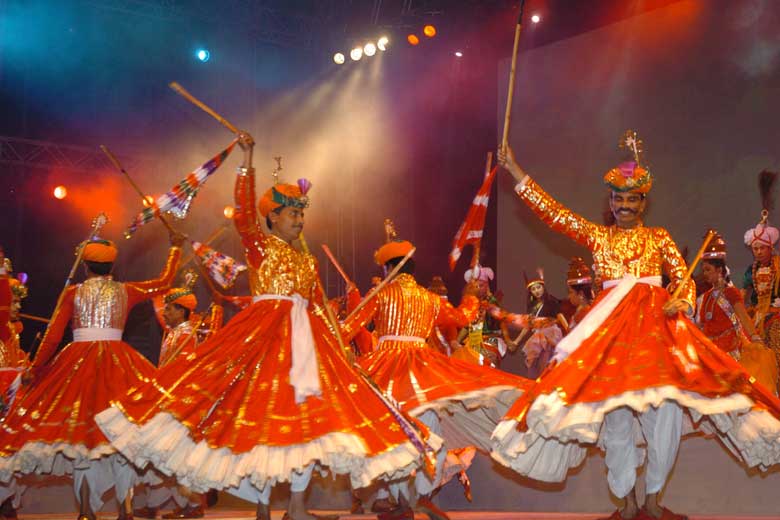
10 Nights / 11 Days
Rajasthan Cultural Tour
The Rajasthan state represents an unusual diversity in all its forms - people, culture, customs, costumes, cuisine, dialects and music and haveli's.
View Package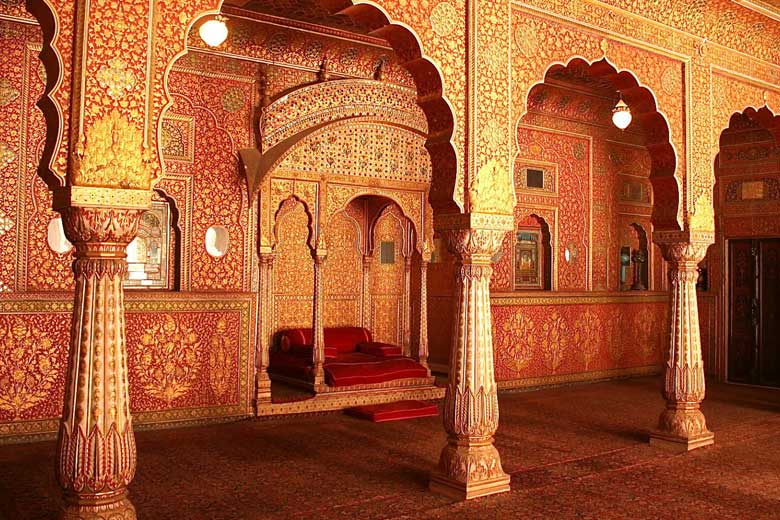
12 Nights / 13 Days
Rajasthan Fort & Palace Tour
Rajasthan is famous all over the world for its stunning forts and palaces that have been gloriously standing since decades in this princely state.
View Package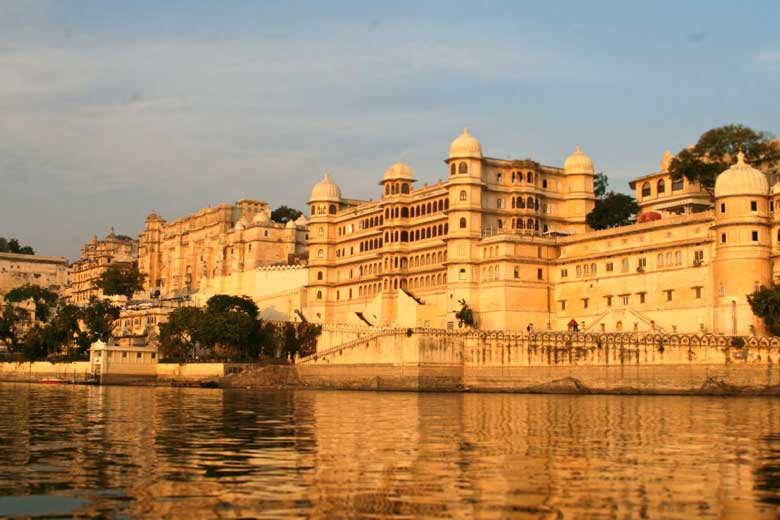
11 Nights / 12 Days
Rajasthan Heritage Tour
Rajasthan known as the "land of kings"provides some marvelous marks from the history in the form of its forts, palaces, mansions and haveli's.
View Package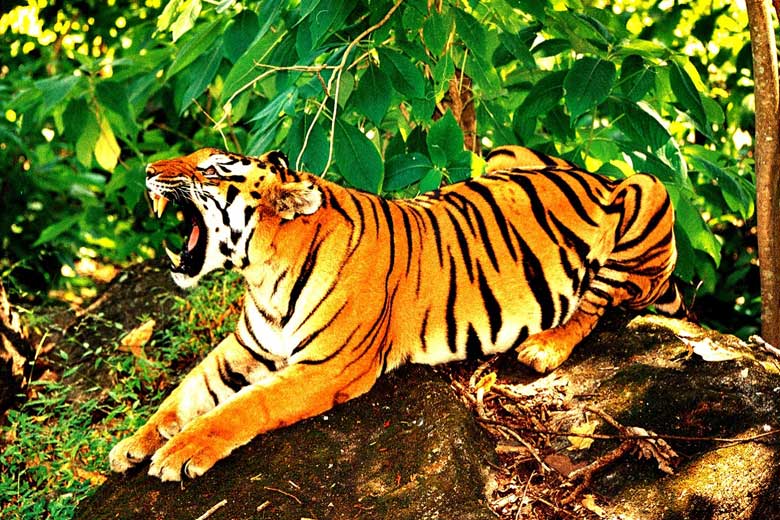
06 Nights / 07 Days
Rajasthan Wildlife Tour
The name Rajasthan has a habit of invoking the images of sun-bathed sand dunes of the Thar Desert, the rustic turban and mustache of Rajasthani men and women’s ghagra.
View Package
 Gujarat Toursim
Gujarat Toursim
 IATO -
Indian Association of Tour Operators
IATO -
Indian Association of Tour Operators
 +91-9811175768
+91-9811175768
